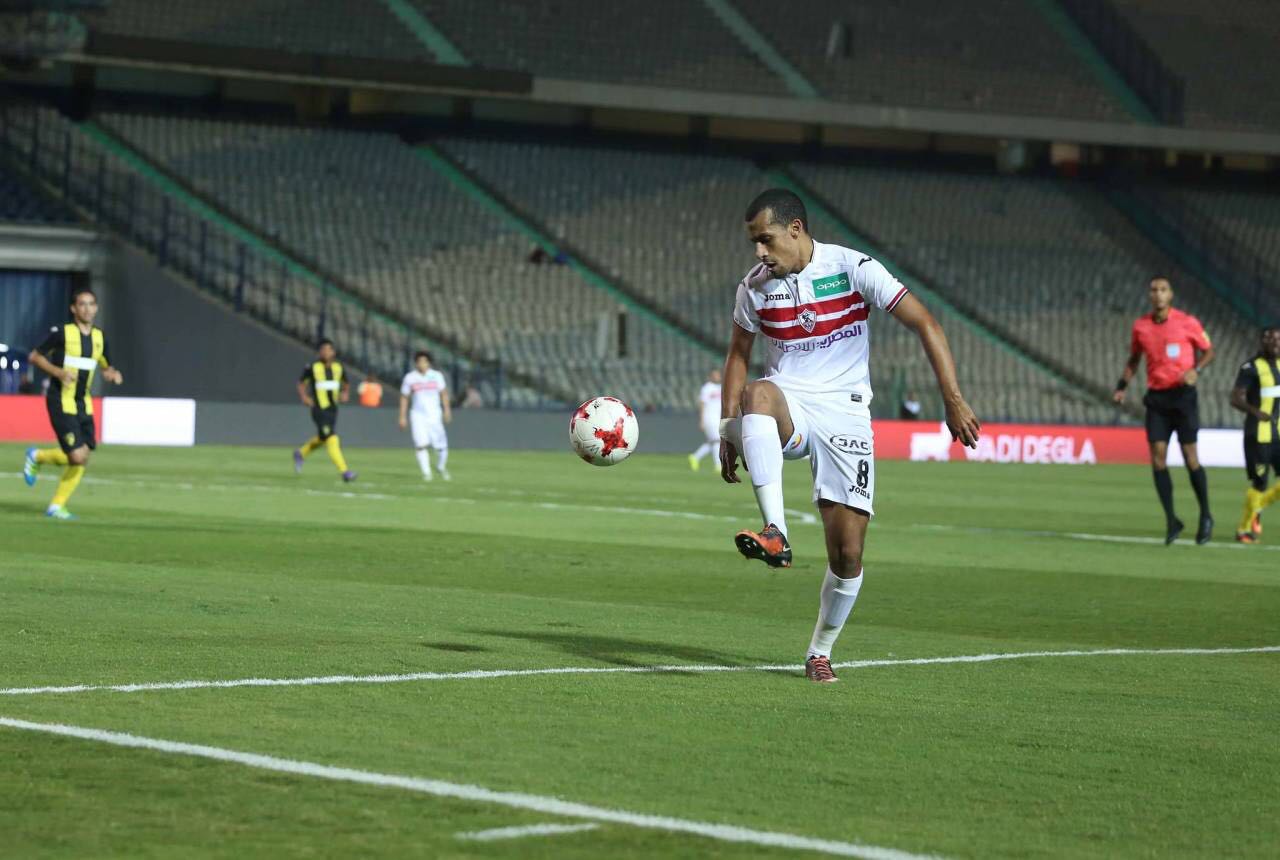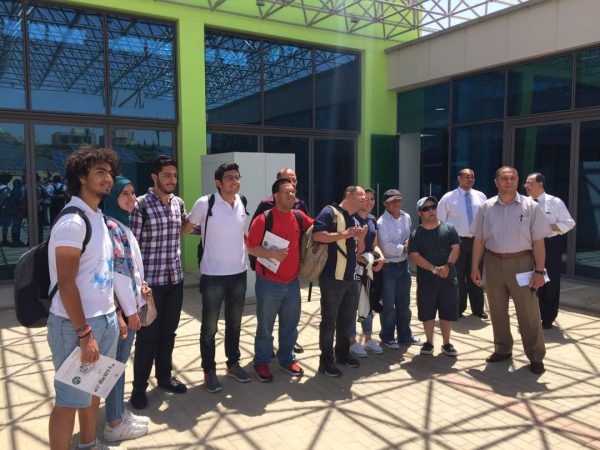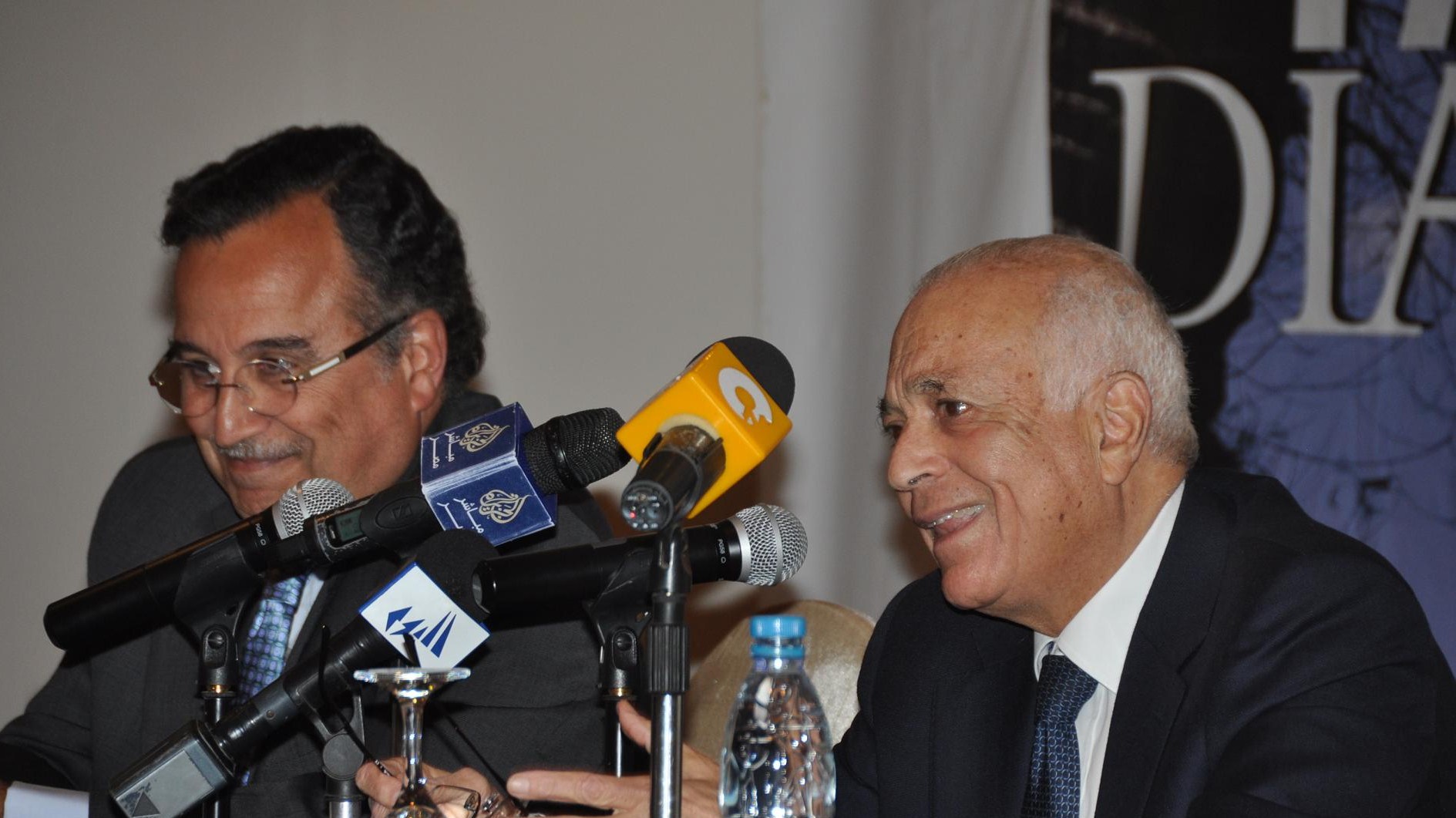Cairo Stadium Hosts Matches After Four-Year Closure
By: Ahmed Zada
Follow @ahmedzada12
Cairo Stadium has reopened to host domestic football matches after a four year prohibition. The Ministry of Sports (MOS) and Ministry of Interior (MOI) approved the move after critical security and safety stems were upgraded.
But the general public is still barred from attending games until a full review of safety procedures by the MOI. The stadium was closed in February 2012 after 72 Al-Ahly fans were killed in a riot duing an Ahly-Masry footbal game at the Port Said Stadium.
At the time, the MOI declared that the stadium would be closed to hosting both domestic and international matches.
The new security measures include surveillance cameras and high ceilings to percent supporters from storming the field.
Assistant to the Minister of Sports Emad Al-Banany said that the walls and concrete floors were renovated.
“Renovation and replacement of 52,000 chairs in Cairo Stadium took place along with new toilets, locker rooms and also other strategies regarding electricity and water,” Al-Banany said.
The first phase of renovations was carried out by the Ministry of Defence so that the stadium would be fit to host international events in upcoming months with supporters in the stands.
“Hosting matches in the Cairo Stadium, like the old days, will bring back the image of a safe Egypt,” he said.
Zamalek returned to play against the Wadi Degla Football club on October 29. This was followed by an announcement by the Football Federation in Egypt that Al-Ahly will also return to play their next match in the stadium.
Egyptian Football Federation member Mohamed Abo El-Wafa said that this motion has been in the works for a long time.
“We continuously asked authorities, whether the MOI or the MOS, to allow teams to play in the stadium for several reasons; mainly because teams based in Cairo find difficulties in having to travel weekly to Alexandria to play matches over there,” he said.
For the past four years, the Burj Al-Arab Army Stadium in Alexandria has been hosting matches.
The Army Stadium’s field has fallen into disarray because the amount of matches hosted in such rapid succession, as well as the numerous conflicts which happened throughout that period between the fans and the police.
Abo El-Wafa also said that the Football Federation received repeated complaints from sports teams about the cost of travel expenses, and so they turned to the MOI to gain safety permissions to play in the Cairo Stadium.
Several state authorities will meet in the coming days in order to discuss the return of fans to the stadium but with new provisions to avoid a repetition of the Port Said incident, he added.
The decision has been widely accepted as a positive move for the country.
“As a team, we had asked several times to play in the stadium since it has the best field in town and it actually helps the players perform better,” Zamalek’s Assistant Coach Tarek Yehia told The Caravan.
He added that Petro Sport Stadium, which was Al-Zamalek’s main stadium in the interim, left players injured because the grass is not level.
“The players are very satisfied by this move, since Cairo Stadium is big and can carry a lot of fans, unlike Petro Sport, which had limited capacity. This would give a boost to the players by allowing more fans to enter the matches,” he said.




